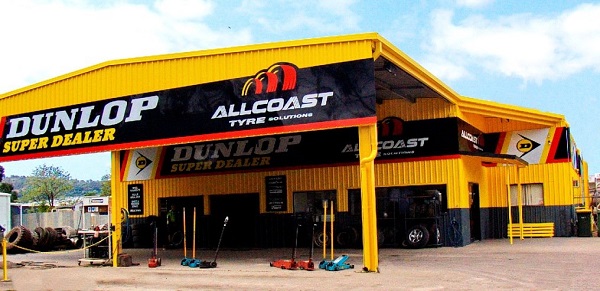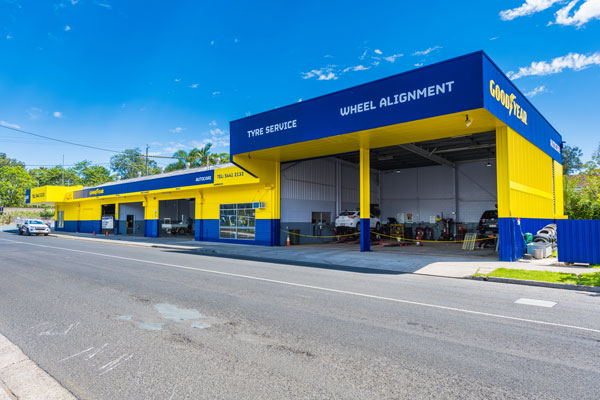
8 Car Safety Tips If You're Going On A Driving Holiday
Wednesday 30 November 2022
Back to Latest NewsIt's not uncommon for Australians to drive hundreds of kilometres to see friends and family over the holidays. It's all part and parcel of the culture.
These trips, though, take their toll on your vehicle. As the mileage goes up, so too does the wear and tear on your car, increasing the likelihood of breakdowns.
The key is to prepare your vehicle in advance. Adopting certain safety practices can help to keep your vehicle in good condition and minimise safety risks.
Here are our top pre-journey checks to avoid unnecessary breakdowns and make your trip more enjoyable.
Check Your Battery
Regular lead-acid car batteries are usually quite reliable. However, every few years, they require replacement. Over time, they lose their ability to hold charge. When they fail, it can leave you stranded.
Signs of battery problems include difficulty starting your car or a reluctance to unlock remotely. If you notice these issues, take your car to your local mechanic and get them to swap the battery out for a new one.
If you aren't sure if your battery is on the blink, you can use a multimeter and attach it to your car battery terminals. Only do this, though, if you feel confident using electrical equipment.
Set Your Vehicle To "Eco" or "Comfort Mode"
Some vehicles have settings that adjust engine characteristics, such as how much fuel you burn in the cylinders when you put your foot down on the throttle. If you're planning a long journey, we recommend setting your vehicle to either "eco" or "comfort."
Eco mode reduces energy use, giving you more mileage, and comfort changes the ride characteristics, such as softening the suspension. Most modern cars offer an eco mode, but comfort is usually reserved for high-end vehicles and sports cars.
Take Emergency Supplies With You
If you're travelling along the Australian coast, help is usually fairly close by. But if you're going inland, you'll want to take emergency supplies with you. You might be a long way from help. Here are some items you should bring:
- Warning triangles
- Fire extinguisher
- Two gallons of water per person
- Extra food
- Blankets if travelling in the winter
- Reflective vests
- Tools and equipment for performing basic servicing on your vehicle
Top Up Your Vehicle
Topping up your vehicle before you set off reduces the risk of getting stranded with no fuel. It also helps to prevent the need to drive around unfamiliar locations, looking for fuel stations.
Once you set off, start looking for fuel stations when your gauge drops below half. When you spot one, top up and then repeat the process.
Check Your Tyre Tread Depth
Setting off with worn tyres is a hazard and could land you in legal trouble. The minimum allowable tyre tread in Australia is 1.5mm. Anything below that is not permitted on the road and could result in a fine. It could also result in an accident in wet conditions.
Check Your Brake Fluid Levels
Modern car manufacturers make exceptionally reliable brakes. However, you still need to check the brake fluid from time to time.
Car maintenance manuals usually tell you what the recommended fluid level is, and what you need to do if levels drop below the minimum. Usually, changing brake fluid requires opening the bonnet, unscrewing the cap on the brake fluid tank and pouring new fluid directly into the unit.
Check Your Oil Level
Checking your oil level is critical, too. Without sufficient oil in the engine, your vehicle will not run smoothly and you could break down, something you really don't want if you are a long way from home.
Most modern vehicles will tell you that you need to top up your oil with a warning light on the dashboard. However, you can also check manually by pulling out the dipstick and seeing where the oil line lies. (It should be between the two notches).
Service Your Air Conditioning Unit
Car air conditioning units require servicing every couple of years. Mechanics "re-gas" them to keep them operating smoothly.
If you're travelling on a long hot journey in Australia, the last thing you want is for your air conditioning to break down. Therefore, if you notice the air it blows isn't as cold as it used to be, take your vehicle for a service. The coolant gas may require replacement.
If you're interested in a log book service before your journey, get in touch with us today.




